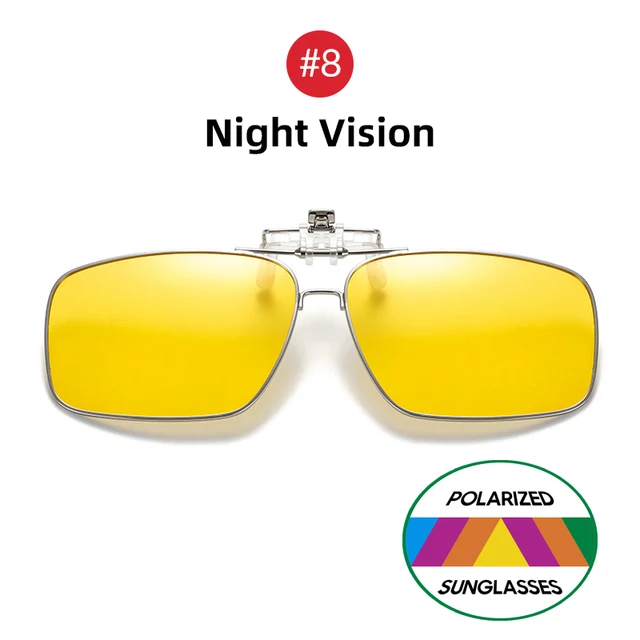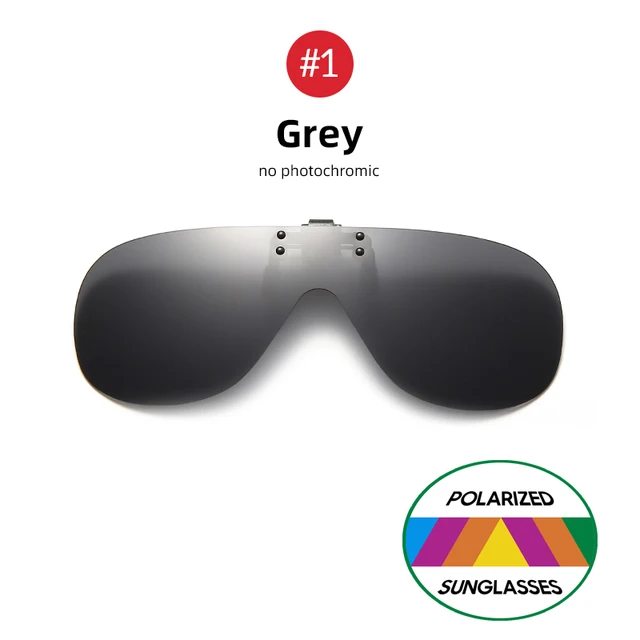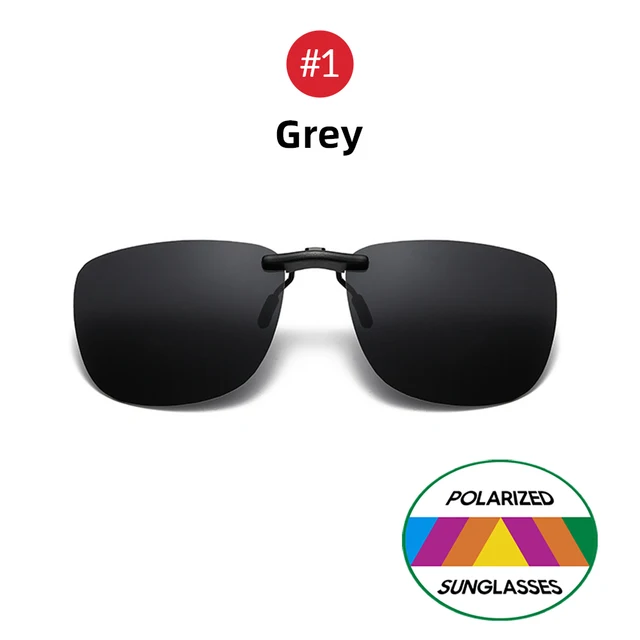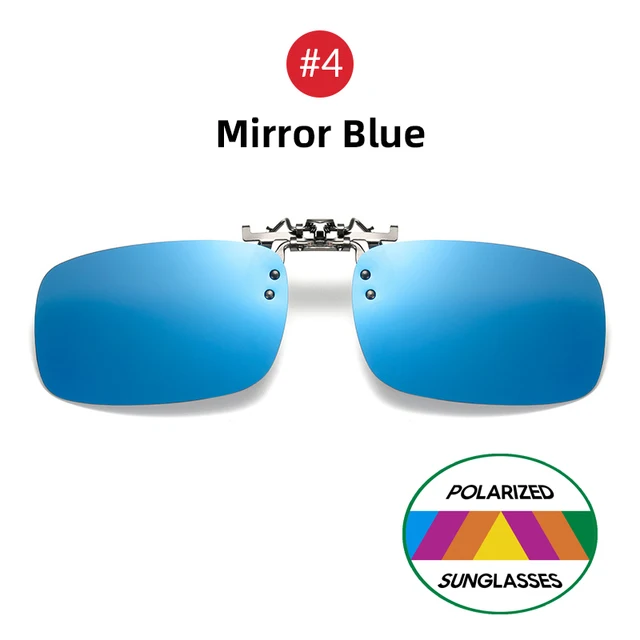Your Guide to Polarized Sunglasses: 10 Must-Know Facts

How to check if sunglasses are polarized?
To check if your sunglasses are polarized, you can perform a simple test at home. Hold the sunglasses up to a reflective surface or an LCD screen (like a computer or phone screen). Tilt the sunglasses at various angles while looking through the lenses. If the sunglasses are polarized, you will notice the glare or reflections significantly reducing or even disappearing at certain angles. Another method is to use two pairs of polarized sunglasses: hold one pair in front of the other and rotate one lens. If the combined lenses turn darker or black out completely at certain angles, your sunglasses are polarized.
Do fake sunglasses have UV protection?
Fake sunglasses often lack proper UV protection, even if they are labeled as such. Authentic sunglasses will have a label indicating the level of UV protection they provide. To ensure you are getting genuine UV protection, purchase your sunglasses from reputable brands or certified sellers. Fake sunglasses might offer shade and reduce brightness but without adequate UV protection, they can cause more harm by allowing the eyes to dilate and expose them to more UV radiation.
Do cheap sunglasses block UV light?
Not all cheap sunglasses block UV light. Some inexpensive brands do offer UV protection, but many do not. It’s crucial to check for labels or certifications indicating UV protection, such as “UV 400.” UV 400 protection blocks almost 100% of harmful UVA and UVB rays. If you’re uncertain about the UV protection of cheap sunglasses, it’s safer to invest in a pair from a trusted brand.
How can I test my sunglasses for UV protection at home?
Testing sunglasses for UV protection at home is challenging without specialized equipment. However, you can take them to an optician or use a UV flashlight and a UV-sensitive card. Shine the UV flashlight through the lenses onto the card; if the card changes color, the sunglasses may not be blocking UV rays effectively. This is not a definitive test, but it can give you an idea of the UV protection level.
Is UV 400 polarized good?
Yes, UV 400 polarized sunglasses are excellent as they provide comprehensive protection. UV 400 means the lenses block all light rays with wavelengths up to 400 nanometers, covering both UVA and UVB rays. When combined with polarization, these sunglasses not only protect your eyes from harmful UV radiation but also reduce glare, enhancing visual clarity and comfort.
Which sunglasses are best, UV or polarized?
The best sunglasses are those that offer both UV protection and polarization. UV protection shields your eyes from harmful ultraviolet rays, while polarization reduces glare from reflective surfaces, enhancing visual comfort and clarity. If you have to choose one, prioritize UV protection as it is essential for eye health. However, polarized lenses provide added comfort and are ideal for activities like driving and water sports.
What is a Category 4 sunglass?
Category 4 sunglasses have the darkest lenses, designed for extremely bright conditions such as high-altitude mountaineering or being on snow or water. They allow only 3-8% of visible light to pass through. These sunglasses are not recommended for driving due to their high darkness level, which can reduce visibility of dashboard displays and traffic signals.
Are Category 4 sunglasses good?
Category 4 sunglasses are good for specific activities involving intense light exposure, such as skiing, mountaineering, or on high-glare water surfaces. They are excellent for protecting your eyes in these extreme conditions but are not suitable for everyday use or driving due to their darkness. For regular use, sunglasses with Category 2 or 3 lenses are more appropriate.
Are polarized sunglasses better for your eyes?
Polarized sunglasses are better for your eyes because they reduce glare, which can cause eye strain and discomfort. By filtering out horizontally polarized light, these lenses enhance visual clarity and contrast, making activities like driving or outdoor sports more comfortable and safer. They also reduce the risk of eye fatigue and long-term damage caused by constant exposure to glare.
For high-quality polarized sunglasses, check out our premium selection of polarized sunglasses. And explore our versatile clip-on polarized lenses to enhance your current eyewear.

What sunglasses do most pilots wear?
Most pilots prefer non-polarized sunglasses that offer UV protection. Polarized lenses can make it difficult to read cockpit instruments and view other aircraft due to the glare reduction technology interfering with the visibility of LCD displays. Aviator-style sunglasses with high-quality lenses that provide UV protection without polarization are popular among pilots.












